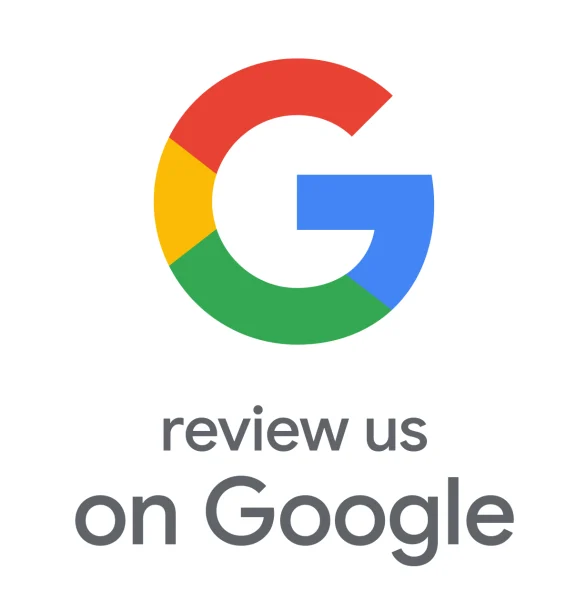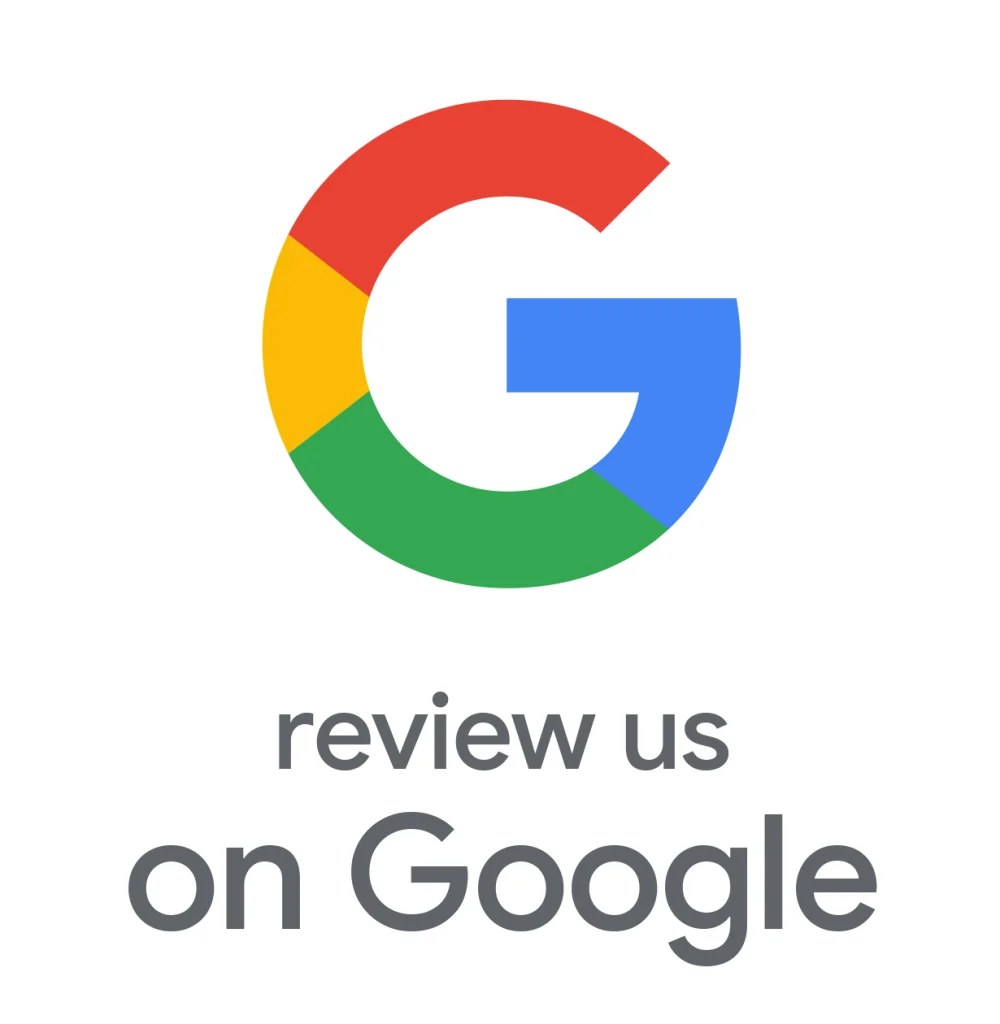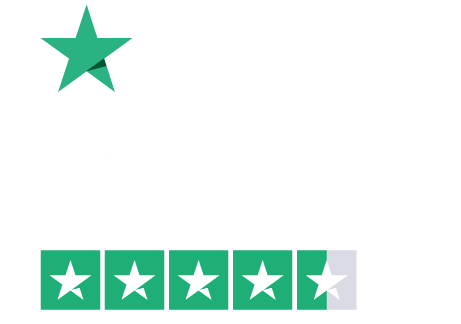What Expenses Can Sole Traders Claim Under Making Tax Digital (MTD)?
Understanding Making Tax Digital (MTD)
Tax is a complex area for sole traders who find it difficult to get to grips and the government’s Making Tax Digital (MTD) policy has done nothing to change that. Knowing what you can claim as expenses is the key to staying legal and in making sure you pay the least amount of tax that you can. This guide will dive into a breakdown of what you can and cannot claim as self-employment expenses under MTD.
Understanding How HMRC Assesses Your Qualifying Income for MTD Compliance
Key here is knowing how HMRC calculates your qualifying income, which is relevant to working out, when you need to meet MTD for Income Tax Self-Assessment. But, if you know how to calculate it, you can prepare for MTD in advance. It is important to keep good records, and to know the thresholds and timelines that apply to you. If you are unsure if your qualifying income is sufficient, or need help with preparing for MTD, speak to a professional accountant or tax adviser “Lanop Business and Tax Advisors”.
What Constitutes Qualifying Income?
Qualifying income is the gross amount you earn from self-employment and property before expenses or tax deductions. This includes:
- Self-Employed Profit: Income from your own business.
- Property rental and other income: income from UK or overseas properties.
Note that only income from relevant sources, income from partnerships, furnished holiday lettings, or income from any other non-relevant sources are excluded.
When Will MTD Apply to You?
Your eligibility will be determined by HMRC using the information relevant to you from your Self-Assessment tax return for the last tax year. For instance:
- Tax Year 2024–2025: You must file on or before 31 January 2026.
- Tax Year 2025–2026: Send by 31 January 2027.
If you have more than the relevant thresholds of qualifying income, HMRC will tell you what your MTD obligations are.
Starting a New Business? Here’s What You Need to Know
If you start a business after 6 April 2026, you will not have to use MTD for that business until after you have filed your first Self-Assessment tax return which contains income from that business. But nothing stops you from using MTD for Income Tax for new business from when it commences.
How HMRC Handles Shorter or Longer Accounting Periods
HMRC will annualize your qualifying income if your accounting period is less or more than 12 months. So, for example, if you had only been trading for 6 months in your first tax year, HMRC will double your income to work out your qualifying income.
Learning how HMRC are working out your qualifying income might be an effective way to prepare for MTD ready. It is not so much what you know as what you can prove.” Keeping accurate notes and knowing your own case’s limits and deadlines is critical. If you are unsure about the stability of your receipts qualifying for MTD or need to help to get ready for MTD, please book a consultation with the expert accountants or tax advisors from Lanop Business and Tax Advisors
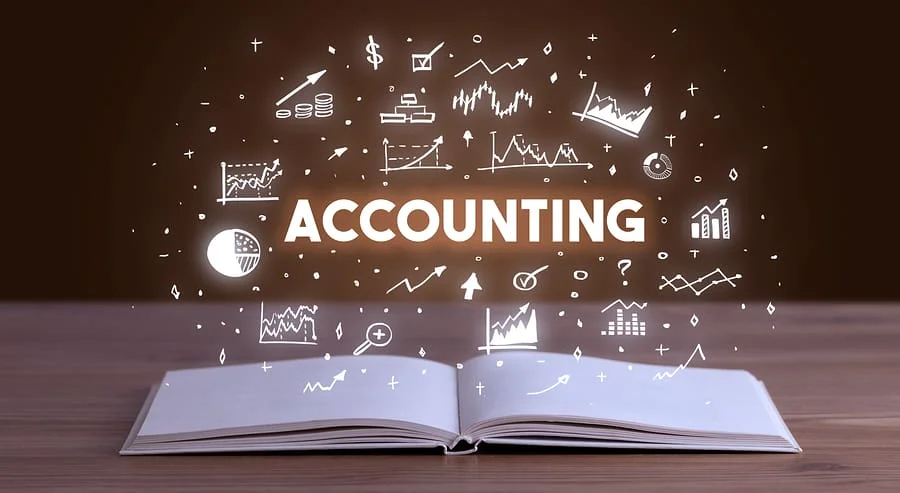
Who Needs to Comply with MTD?
As per HMRC guidelines:
- As of April 2026, if you are a sole trader with an income over £50,000 a year, you are going to need to start the MTD process.
- From April 2027 the threshold is reduced to £30,000.
- As from April 2028, anyone who has taxable sales of more than £20,000 will have had to follow the MTD rules.
It is important to evaluate your income and plan to make a smooth transition.
Allowable Expenses for Sole Traders
As an MTD sole trader, you can claim a number of business expenses which offset your taxable income. But it is crucial these costs are “wholly and exclusively” for the business. For detailed accounting and taxation advice you can contact Lanop Business and Tax Advisors.
Office and Workspace Expenses
- Rent and Utilities: The rent of the shop or office premises along with the utility bill including electricity, water, etc.
- Stationery: Printer ink and other consumable items.
- Equipment: Computers and printers, and software subscriptions for such.
Travel and Transportation
- Car costs: Gas, servicing, insurance, and repairs for commercial vehicles.
- Public transport: Business train, bus, and taxi fares.
- Lodging: Overnights spent in hotels while traveling on business.
What percentage of use of the vehicle is related to your business and what percentage is personal. Each mile the car is driven for business purposes involves a deduction of a portion of the cost of using the vehicle.
Staff and Subcontractor Costs
- Wages and Salaries: Compensation of employees.
- Contractor Payments: Payments to freelancers or contractors.
- Training: Expensive of training courses and of senior programs.
Marketing and Advertising
- Advertising Products: Business cards; Leaflets; Brochures.
- Online Marketing: Google Ads, social media ads, and website SEO.
- Website Fees: Cost of domain, web hosting and site maintenance.
Financial and Legal Services
- Accountancy Fees: Payments to accountants for accounting services.
- Legal Dues: Fees pertaining to legal advice or services.
- Bank Fees: Interest on business loans and overdraft charges.
Insurance
- Business Insurance: Such as public liability insurance, professional indemnity and more.
- Car Insurance: For cars used for business purposes.
Training and Subscriptions
- Professional Development: Any course or workshop that can help with your business.
- Subscriptions: trade magazines, trade journals, online resources.

Working from Home: Claiming Expenses
Home working is common among sole traders. HMRC lets you reclaim a percentage of what your home costs you:
- Council Tax: Similarly diminished by the percentage of your property that you use for business.
- Mortgage Interest or Rent: A percentage is determined by business use.
- Utilities: Electric, heat and water bills.
- Web and Phone: Business purposes.
Failing that, you can use HMRC’s simplified expenses method, which allows you to claim a flat rate depending on how many hours a month you work from home.
Vehicle Expenses: What Can You Claim?
If you use a car for business:
- Real Costs: Fuel, maintenance, insurance, and repairs.
- Simplified Expenses: Claim a flat amount for miles travelled (45p for the first 10,000 miles, 25p thereafter).
Pick the best tax-efficient solution for your own circumstances.
Entertainment and Meal Expenses
HMRC usually disallows claims for client entertainment. Meals during a business trip can be charged. Keep enough records and receipts
Record-Keeping Under MTD
With MTD, it is all about the digital record:
- CIF: Use MTD-compatible digital software.
- Quarterly Review: Threes months of income and expense summaries.
- End of year annual declaration: Wrap up your taxes at the end of year.
Keep all receipts and records for a minimum of five years.
Tools & Software for Sole Traders Under MTD
QuickBooks Online
Complete accounting solution with automated expense categorization, on the fly profit and loss reporting and integrated submission to HMRC for MTD.
Best For: Freelancers looking for an integrated solution for bookkeeping and tax.
Xero
Xero comes with an easy-to-use dashboard and offers tracking expenses, creating MTD compliant invoices, and other tax filing features.
Best for: Freelancers who want to keep things simple and easy to access in the cloud.
Free Agent
Designed for freelancers and contractors, Free Agent comes with an array of tools such as expense, time tracking and MTD-compliant tax filing.
Perfect For: Freelancers working in the creative or project industry.
Sage Accounting
A powerful accountancy software that offers tools for expenses, billing, MTD submissions.
Perfect For: Small business owners in need of more advanced accounting features and scaling.
Zoho Books
A cost-effective solution with tools including expense tracking, invoicing, and MTD-compliant tax filing.
Best For: Sole traders with a growing business and limited budget, who want full-featured accounting software.
Abra Tax
Offers MTD-compatible software for VAT and Self-Assessment, with bridging software available for Excel practitioners.
Perfect For: Sole traders moving from manual to digital record keeping.
Common Mistakes to Avoid
- Deducting Personal Expenses: You can only deduct what you spend in business.
- Poor Documentation: Not keeping digital records can result in fines.
- Tardy Fillings: Do not miss your date, you could get penalized.
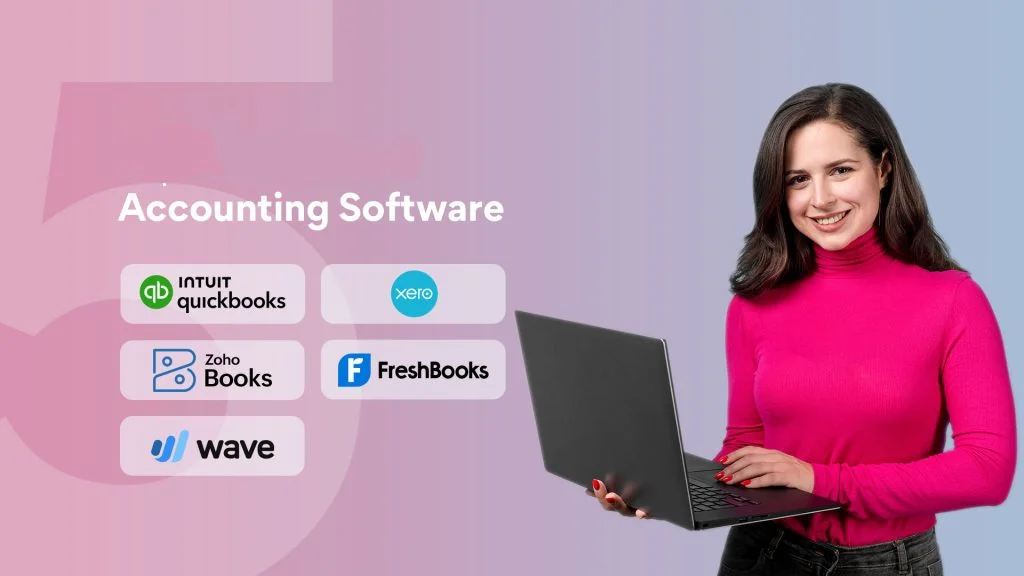
Conclusion:
Sole traders need to know all about these allowable expenses, and how to claim them – particularly under MTD. With proper digital record keeping in place and knowing what is possible to claim, you can remain on the right side of the law and maximize how you look in the eyes of the tax man. If you struggle with getting to grips with MTD or controlling your business costs, Lanop Business & Tax Advisors can help guide you. Expert and experienced tax advisors can offer you valuable advice – and save you a significant amount of headaches and money. Our specialists can walk you through and make sure that you are getting the most out of your allowable expenses. Lanop Business and Tax Advisors services can therefore assist you in keeping your business cost-effective and efficient. We are just a call away.
FAQs
1) When Does MTD Start for Sole Traders?
From April 2026 more than £50,000 investment income and trading profits sole traders, and property businesses will have to report quarterly to HMRC under MTD for ITSA. The result of this is that sole traders who have qualifying income will be required to maintain digital records and submit those records through to HMRC for the MTD using MTD-compatible software from the tax year commencing on 6 April 2026 (the 2026/27 tax year). It will apply to all those earning more than £30,000 from April 2027 and £20,000 from April 2028. Preparation is key to compliance and preventive action.
2) Do Sole Traders Have to Use MTD?
So yes, sole traders, if their income is above the thresholds, must do Making Tax Digital for Income Tax Self-Assessment (MTD for ITSA). From April 2025, sole traders turning over more than £50,000 are obligated to MTD. This includes maintaining digital records and providing quarterly updates to HMRC via MTD-compliant software. You need to be able to review your earnings and plan for these changes so that you remain compliant and avoid penalties.
3) As a Sole Trader, What Can I Claim as Expenses?
As a sole trader, there are many business expenses you can deduct from your taxable income. These costs must be “wholly and exclusively” for business. Typical deduction items are:
- Office and Space Expenses: This includes rent, utilities, office supplies and equipment.
- Travel and Transportation Mileage, fuel, public transport, maintenance.
- Compensation of Employees and Contract Payments: Payments made to employees and independent contractors.
- Marketing & Advertising: Expenses associated with advertising your business both online and in print.
- Financial and Professional Services: Accounting charges, professional advice, and banker’s commission.
- Insurance: Business insurance payments.
- Education and Training: Professional development / magazine subscriptions etc.
What is more, if you work from home, you can deduct a percentage of costs of running your household, including council tax, mortgage interest or rent, utility bills and internet/phone bills, by the percentage of use of your home for business.






